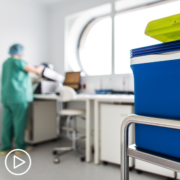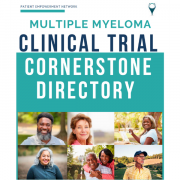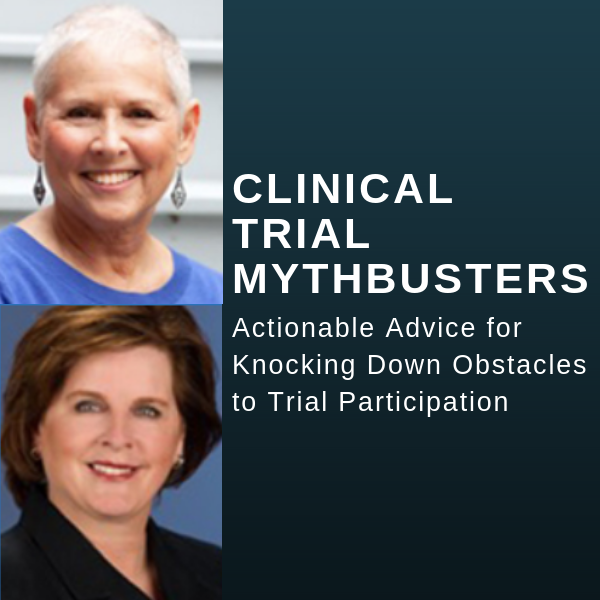How Can Patients Access the Latest DLBCL Treatment Options?
How Can Patients Access the Latest DLBCL Treatment Options? from Patient Empowerment Network on Vimeo.
How can diffuse large B-cell lymphoma (DLBCL) patients learn more about developing research and new treatments? Dr. Justin Kline provides key advice to access the latest treatment options.
Dr. Justin Kline is the Director of the Lymphoma Program at the University of Chicago Medicine. Learn more about Dr. Kline, here.
See More From The Pro-Active DLBCL Patient Toolkit
Related Programs:

|

|

|
Transcript:
Katherine:
With all of these treatments in development, how can patients ensure that they’re receiving the latest treatment options?
Dr. Kline:
Yeah. It’s complicated, even for somebody who’s in the business. There are so many clinical trials going on all over the place and at various stages. I think, as I mentioned early on in our conversation, one of the best ways to make sure that you or your loved one is receiving the most advanced care is to get that second opinion, particularly at a center that does clinical trials. And it doesn’t have to be an academic center. There are many offices in the community that also run clinical trials, but I think meeting with somebody who treats DLBCL for a living at least once to talk about those options is a good idea.
The second approach is really to get engaged. And it may not be the person with lymphoma, sometimes it’s a spouse or a child, usually a grown child, but doing due diligence, getting involved with websites, Lymphoma Research Foundation, Leukemia-Lymphoma Society, where you know you’re getting good information. Folks like you guys who are involved in patient education. I think I have seen many patients who come in extraordinarily well educated about DLBCL, even before their first visit, and I do think it does make a difference in helping them decide what and where they want to get their treatment.
Katherine:
Yeah. What resources would you recommend for patients to help them stay up to date or to learn more about their disease?
Dr. Kline:
Sure, yeah. Again, I think as folks sort of meet with their oncologist or oncology nurse, each office or center may have their own specific recommendations. I really like, as I mentioned, the Lymphoma Research Foundation, which I think is LRF.org*, the Leukemia & Lymphoma Society, LLS.org. They not only have a website that has a lot of information on it, but they often have patient education days once or twice a year where specific lymphomas are discussed in their treatment, that’s geared toward people with lymphoma and their caregivers.
They also have, it talks about dealing with chemotherapy, the financial toxicity associated with cancer treatments, how to sort of share your diagnosis with your children and other family members, so it’s not just doctors that are barking at you all day long, but it’s other people, social workers, lawyers, nutritionists, nurses. So, those are probably my two favorite organizations, but there are many others where people can get very good and useful information about DLBCL and other lymphomas as well.










